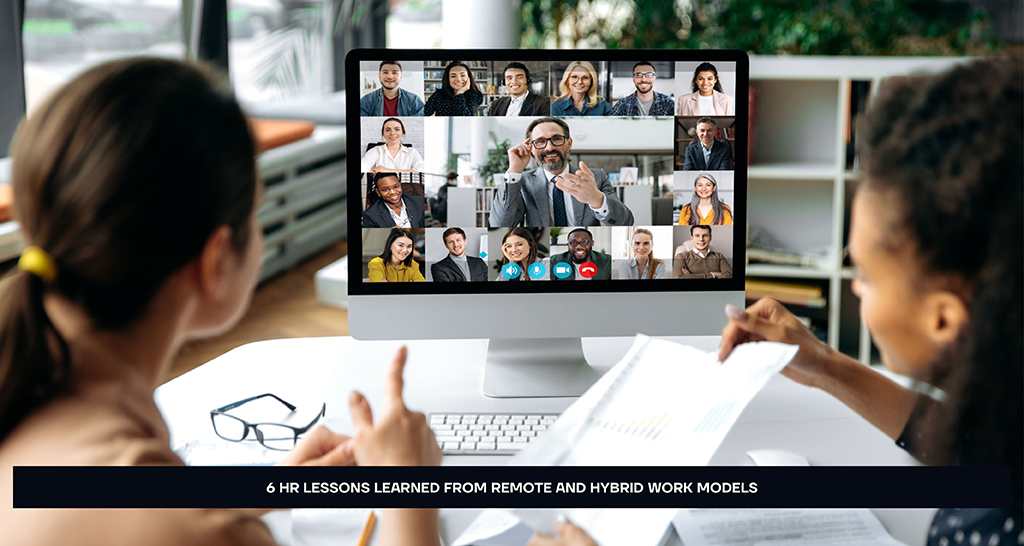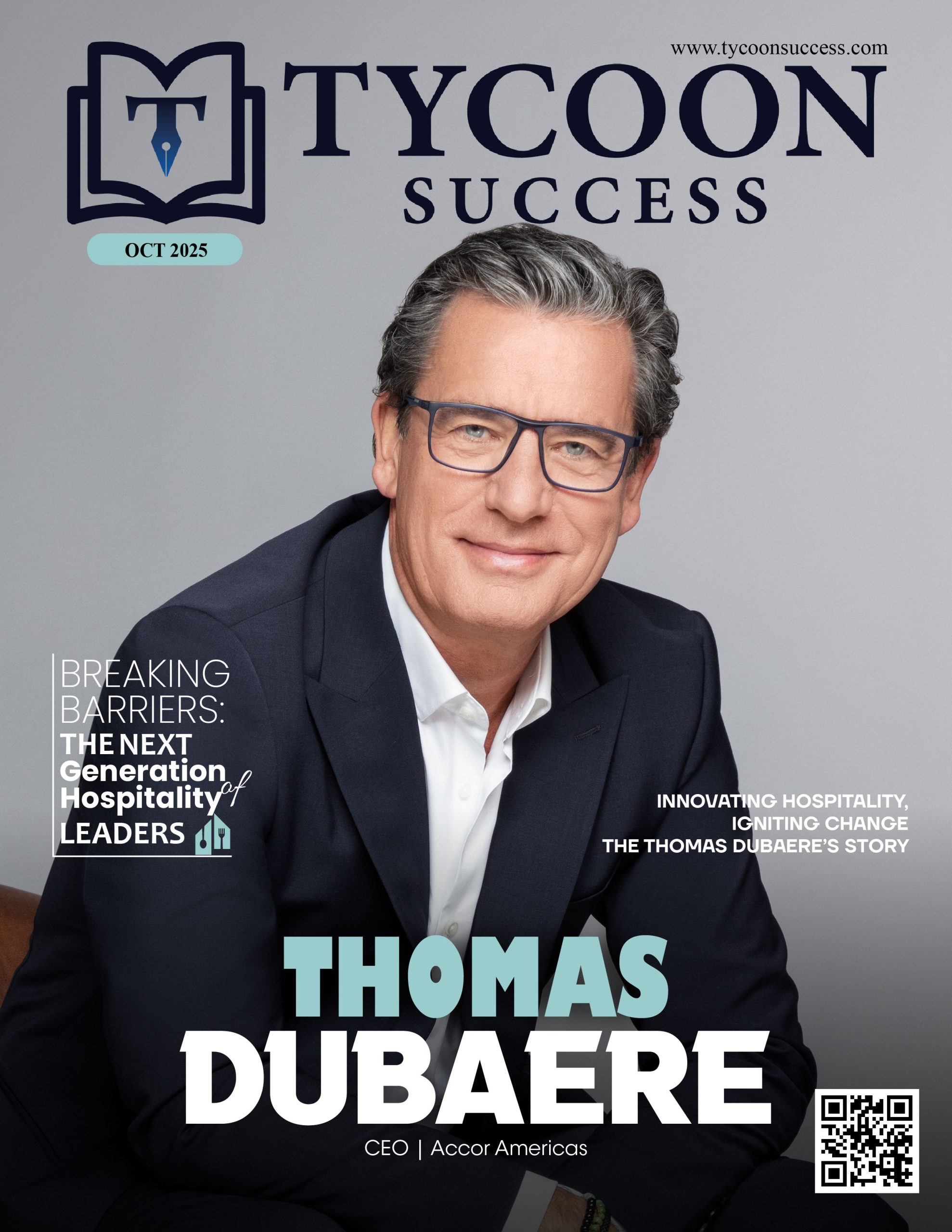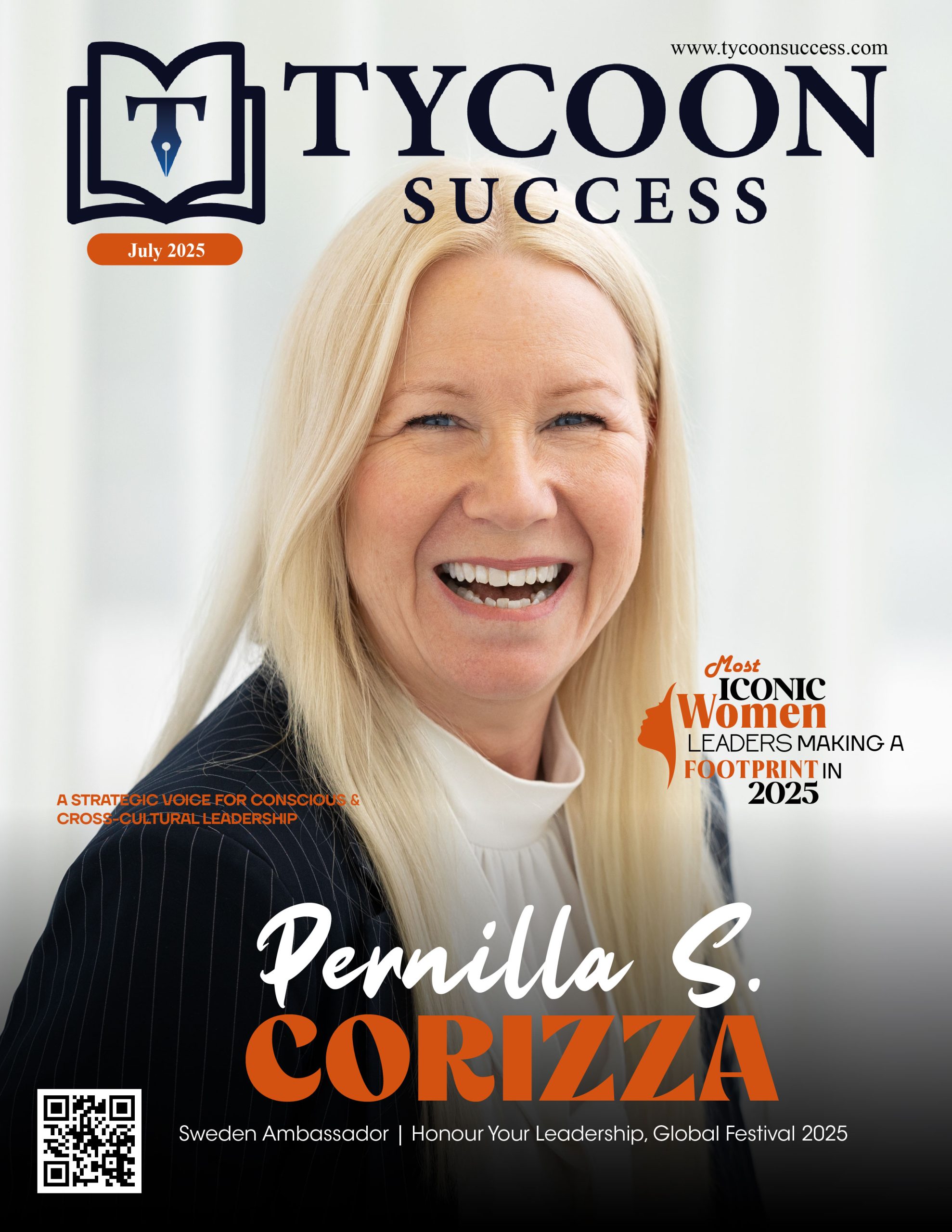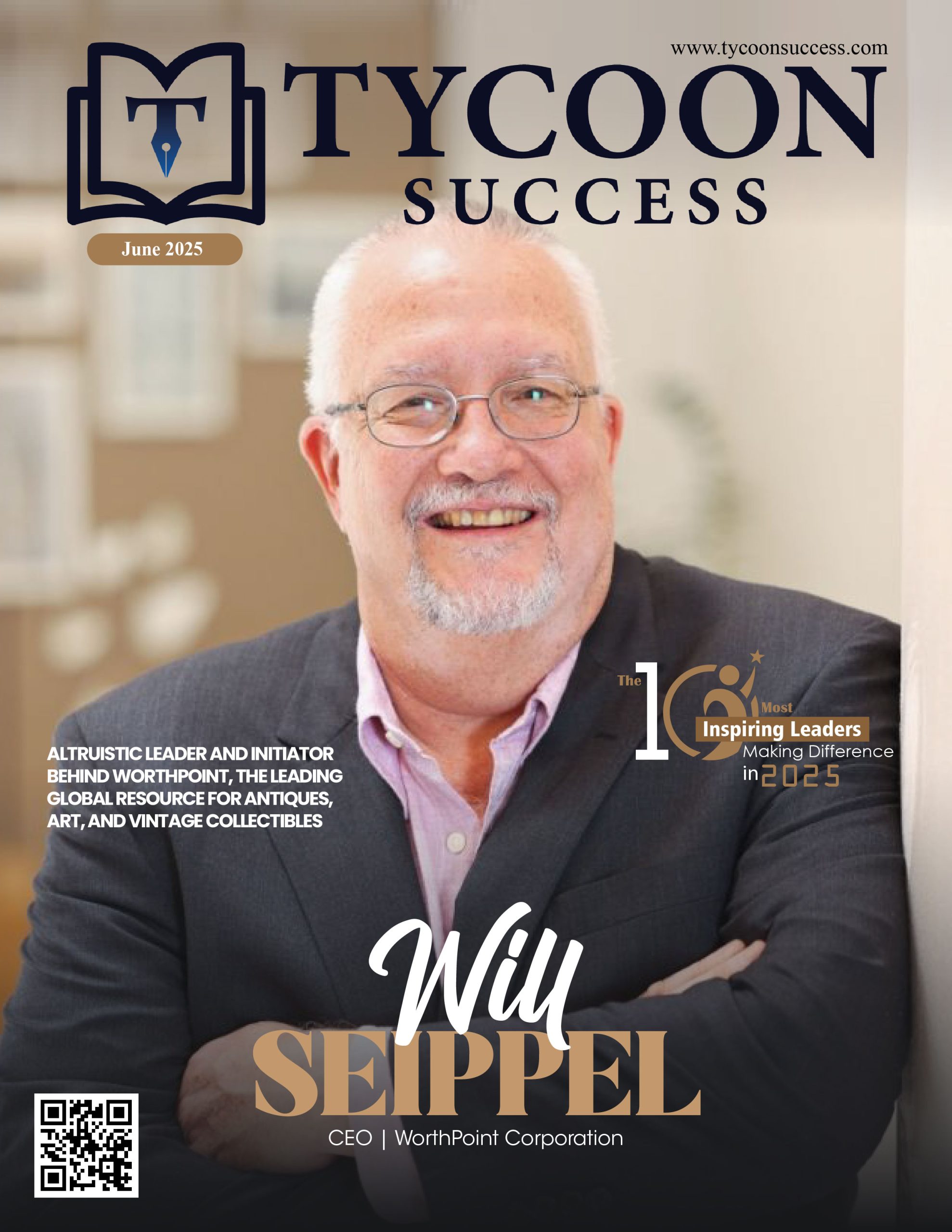The emergence of remote and hybrid work models since 2020 has irrevocably transformed the workplace. As organizations adjusted to these new working methods, HR departments took the lead in crafting policies, preserving culture, and overseeing employee well-being through digital platforms. By 2025, numerous companies are still functioning in hybrid or remote formats. Below are six essential lessons that HR has gleaned from this continuous evolution:
Flexibility is a Competitive Advantage
One of the key lessons learned is that flexibility has transitioned from being a mere benefit to a fundamental expectation. Employees appreciate the opportunity to determine their work hours and locations. Human Resources departments have recognized that providing flexible schedules and hybrid work arrangements enhances employee retention, increases productivity, and draws in high-caliber talent. Inflexible frameworks are being supplanted by adaptable models designed to accommodate various work styles.
Trust Drives Performance
Remote work has transitioned the emphasis from presenteeism to performance. Human Resources leaders have recognized that micromanagement undermines trust and engagement. Rather, establishing clear objectives and enabling employees to achieve results autonomously has demonstrated effectiveness. Organizations that cultivate a culture of high trust experience improved collaboration, accountability, and morale.
Communication Must Be Intentional
In remote environments, casual conversations in hallways and impromptu meetings are no longer present. Human Resources identified the necessity to establish organized and consistent communication pathways. Frequent check-ins, virtual town halls, and digital feedback mechanisms contribute to sustaining transparency and fostering connections among distributed teams. Effective communication has become essential for ensuring engagement and alignment.
Digital Collaboration Tools Are Essential
The effectiveness of remote and hybrid teams relies on appropriate digital infrastructure. Human Resources has been instrumental in the adoption and training of employees on collaboration tools such as Slack, Zoom, Microsoft Teams, and various project management platforms. These tools have transitioned from being optional to becoming the essential foundation of contemporary teamwork.
Employee Wellbeing Requires a Holistic Approach
The indistinct boundaries separating home and work have elevated the importance of mental health. Human Resources has recognized that wellness should encompass not only physical health but also emotional and psychological support. Flexible working hours, mental health resources, and wellness initiatives have become vital elements of the HR toolkit.
One Size Does Not Fit All
Ultimately, the HR department acknowledged that remote and hybrid strategies need to be flexible. Various roles, teams, and individuals possess distinct requirements. Effective policies are inclusive, tailored, and grounded in continuous feedback from employees.
As the nature of work continues to change, these insights guarantee that HR stays adaptable and focused on people, fostering workplaces that flourish in both virtual and physical settings.







